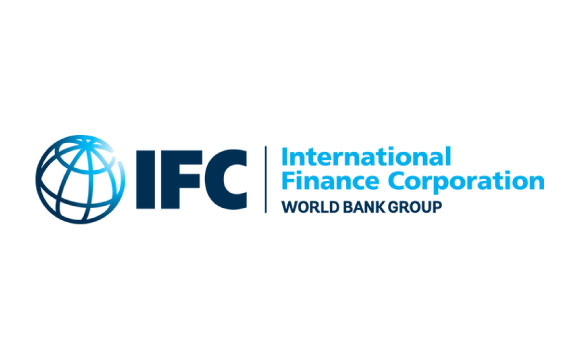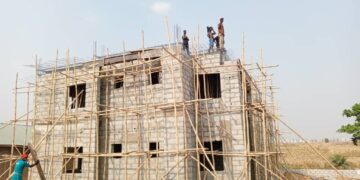The International Finance Corporation (IFC) has provided record financing in Africa over the 2022 fiscal year, making $9.4 billion in investments between 1 July 2021 and 30 June 2022 across 36 countries, the largest ever annual commitment for the continent.
The funding has reportedly helped to develop regional pharmaceutical manufacturing, increase intra-Africa trade, expand access to climate financing and strengthen food security among many other pressing development needs.
The investments include $3 billion in trade financing, unlocking intra-Africa trade for thousands of small businesses, $2.1 billion supporting the continent’s green transition – from increasing access to climate finance to funding renewable energy projects – and $861.7 million that is supporting increased digital connectivity.
IFC also provided $603 million in agriculture financing, helping to strengthen food security during a turbulent global economic period.
“While the effects of the COVID-19 crisis persist, new challenges are also looming, including from rising global inflation,” said IFC vice president for Africa, Sérgio Pimenta.
To him, “a strong and engaged private sector is indispensable to helping countries and companies navigate these and other challenges and that’s why we stepped up IFC’s funding and support to help sustain and create jobs, improve basic services and foster growth for small and medium-sized enterprises.”
IFC’s financing across Africa included short-term finance ($3billion) and mobilisation ($2.6 billion), with 49% of IFC’s own account financing going to low-income and fragile and conflict-affected states.
During the financial year, IFC also launched the Africa Fragility Initiative (AFI), a five-year programme dedicated to supporting private sector-led growth and job creation across 32 African countries affected by fragility and conflict.
To further support Africa’s regional trade development and reduce the continent’s reliance on imports, IFC launched the $1 billion African Trade and Supply Chain Finance Programme(ATRI) which will begin financing initiatives from July 2022.
Responding to Africa’s call to develop sustainable pharmaceutical and vaccine manufacturing, IFC provided financing and advisory services to companies in Ghana, Nigeria, Rwanda, Senegal and South Africa to support the development of manufacturing hubs.
As the continent responds to the effects of climate change and the call to shift to a net-zero world, IFC increased its financing for climate projects.
This included launching the Scaling Mini-Grid programme in the Democratic Republic of Congo, an investment with Elsewedy Electric S.A.E to increase access to renewable energy across Africa and support for green bonds such as the one issued by Nedbank in South Africa.
In addition to its investments in Africa, IFC provided advisory and upstream services with a portfolio of more than $450 million across 298 projects aimed at improving the investment climate and market creation.
In the last financial year, 20 per cent of the advisory and upstream spend was on projects focused on climate change and 53 per cent of all new projects approved supported improvements in gender equality.











